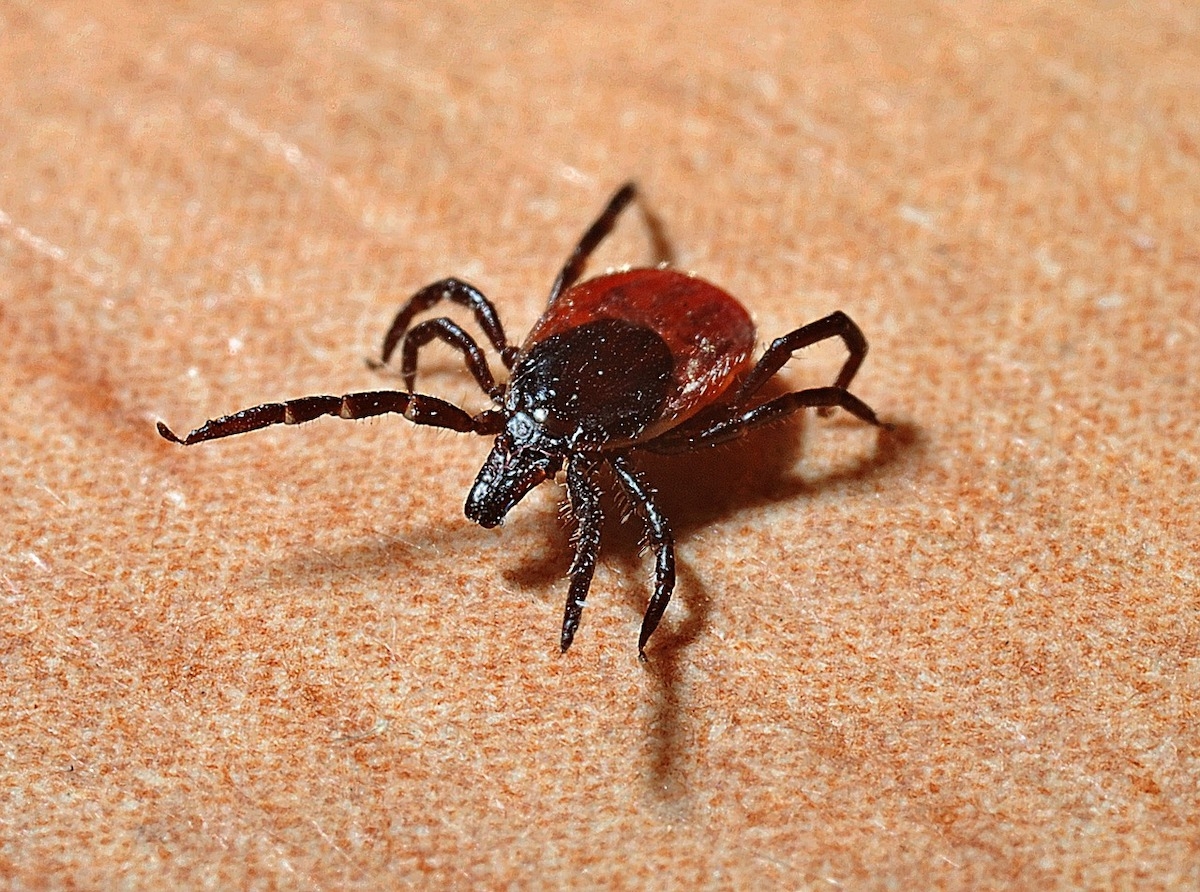
Tips for heart-healthy eating
Some say the key to someone's heart is through their stomach — but the link between eating and the heart goes beyond romantic attraction. As a registered dietitian at Loblaws, Karley Fallaise knows this first hand. Here is some of her top advice for achieving heart health.
Pack in the plants: Plants are a perfect source of protein for anyone at risk of cardiovascular disease. Chickpeas, nuts, tofu, tempeh and beans are just a few excellent substitutes for their higher-fat friends like beef, lamb, and pork chops. Not only are these a lean source of protein, but some are also loaded with fibre and heart healthy fats such as nuts and seeds.
Focus on fibre: There are two types of fibre. Insoluble fibre helps with regularity and keeps our digestive system healthy. Soluble fibre lowers blood cholesterol levels and may help reduce the risk of heart disease. Some favourite sources of fibre include vegetables, fruits, lentils, beans and grains. According to Dietitians of Canada, there's no upper limit for fibre so there's no reason not to get plenty in your diet.
Limit alcohol: Drinking alcohol in excess can raise fat (triglyceride) levels in the blood. It can also lead to high blood pressure and heart disease. Nobody is saying you need to be a teetotaler, but it's important not to go overboard, especially if you're at risk of heart disease. See Canada's Low Risk Drinking Guidelines for more information.
Scratch the salt: While our bodies need some sodium to function properly, it's easy to get too much. Over-consumption may lead to high blood pressure or hypertension, which can increase your risk of developing heart disease, kidney disease and stroke as well.
Registered dietitians are an excellent source of nutritional advice and can provide you with individual consultations specific to your risk factors and body type, including meal planning and assisted shopping services. Find one near you at www.bookadietitian.ca.











